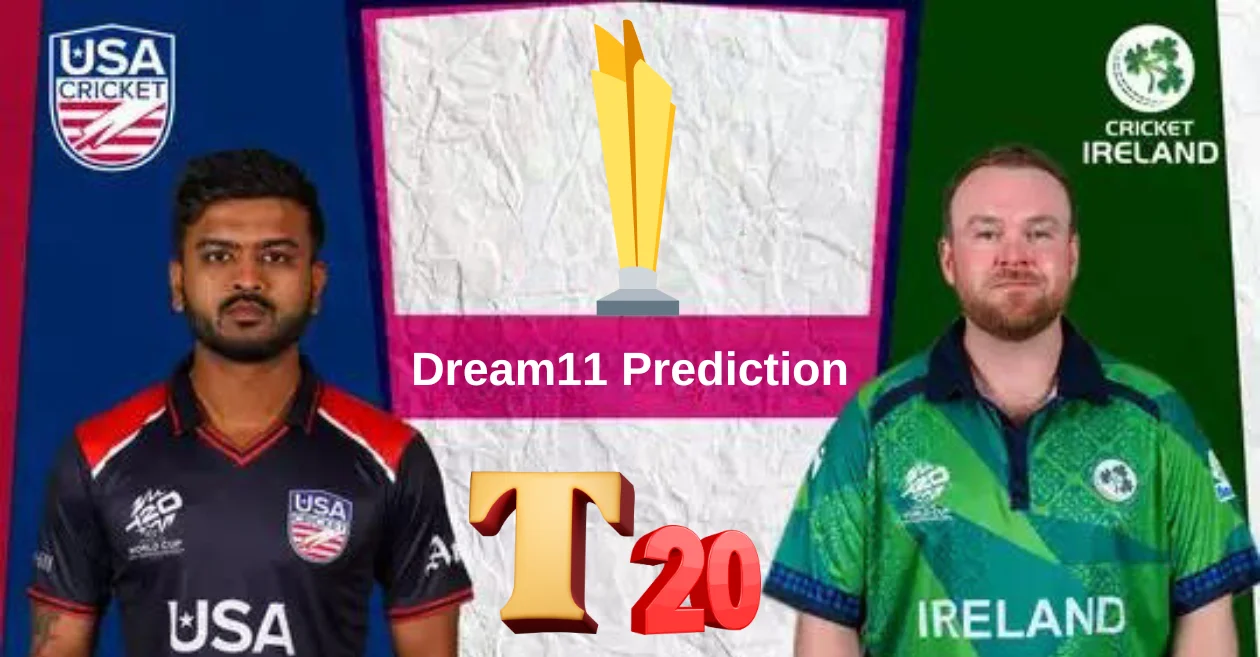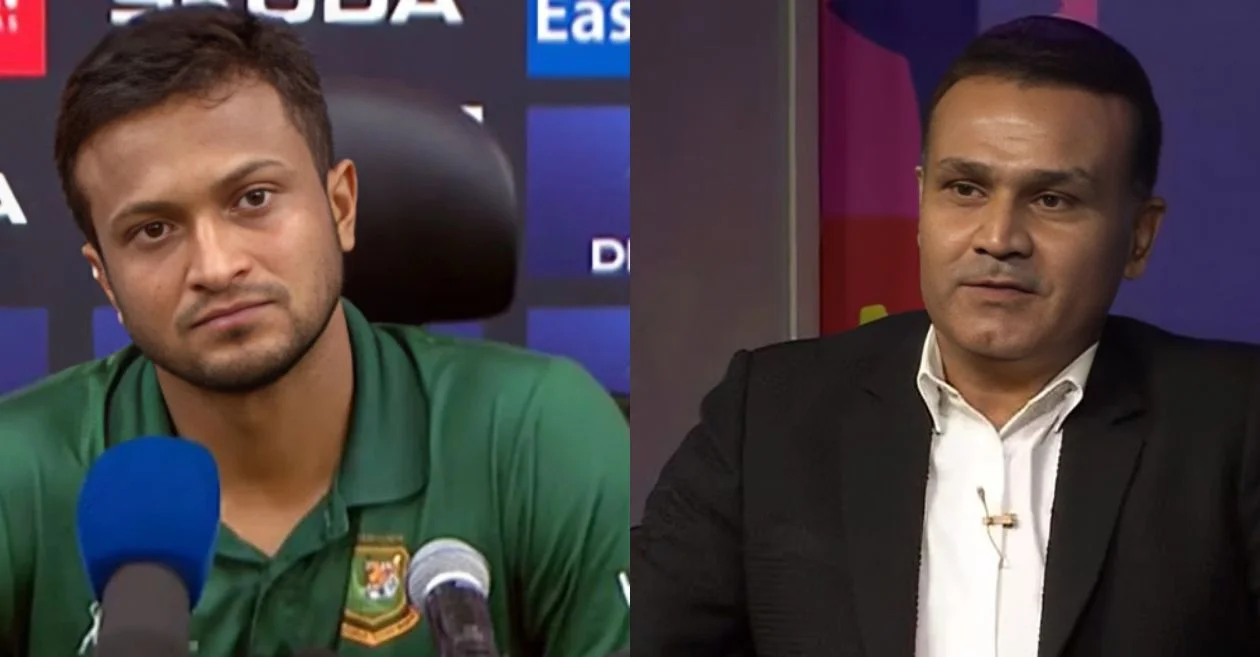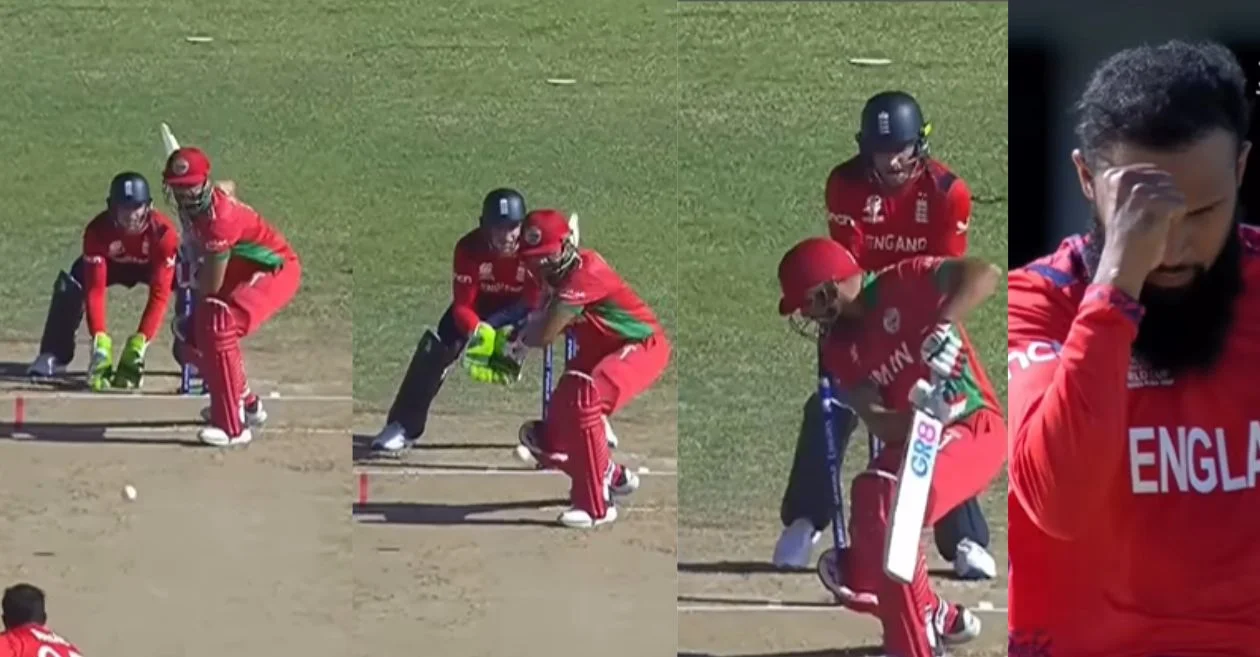
On-screen, Lexis King’s move to WWE NXT has looked pretty easy. The 30 year old who worked for AEW under his real name (Brian Pillman, Jr.) from 2019 until his contract expired last summer has been presented like a star on Tuesday nights since shortly after signing with WWE.
Last week King was in the main event of NXT, challenging Dragon Lee for the North American title. He didn’t win, but just being in that spot is something he didn’t experience working for Tony Khan. Speaking with Chris Van Vliet on Insight, King says he doesn’t blame his old promotion, but his time there left him full of self-doubt:
“I spent, and this isn’t a knock on anybody. I spent so many months of my career at the previous company just second-guessing myself, am I really any good? Am I worth it? A lot of self-doubt. And just to see how my career has done a total 180 since then, it went from just sitting in the back and filming a few dark matches in Orlando, here and there, six-minute tag matches, barely getting in the ring and feeling the canvas.”
That’s why he feels he had to make the move to WWE when his time at AEW was over:
“It wasn’t so much of a decision as it was just a necessary transition. I think my time came up at AEW, and it was a great, great run, a great deal financially, I did very well there. But like I said, just that sort of that self-doubt of not knowing the future, not knowing if I’m going to be used, or if I’m going to do anything? Well, it was pretty apparent when they didn’t re-sign me that I wasn’t going to be doing anything there anymore.
“So God bless agents and attorneys that picked up the phone that day, my contract was up and got the conversation started. I think I got a paycheck from both companies in the same month. That’s how quickly the ball got rolling. Because you’re so worried. It’s like, Oh, my God, like, are they gonna pick me up right away? Am I gonna be able to go there? But now the ball got rolling and the King was crowned pretty quickly.”
Still, there’s a learning curve when coming into the WWE system — even for a legacy wrestler with television experience. King credits a John Cena-led seminar he attended at the Performance Center for smartening him up to one big difference between his current and former promotions:
“[Cena] actually came in did a seminar with us at the PC. And I thought, okay, I’ll go and see what see what’s going on. But man, I’m so glad I went. And it was the most enlightening. Like, it wasn’t just like, little questions that people would ask, like, Oh what’s your favourite food? No, we were getting into it, we’re talking about, contract negotiations all this different stuff, I’m so glad I went. Yeah, it was, it was amazing, and the amount of questions that we were able to ask and get to answer it.
“And one of the coolest things he said, you can’t control the booking, you can’t control who’s wearing what belt or this, that or the other. He’s like, but you can be the best version of said character. And if you’re the best, like he was the rapper guy, if you’re the best rapper guy on the roster. And creative goes, Oh, we want the rapper guy to take on a huge monster. Then they’re gonna pick the best rapper guy they have and put them against the best monster character they have, and then go, oh what does the match look like?
“So it’s like, people say I’ll never pitch an idea again, let’s put it that way. He said, There’s no point in pitching anything. Because if you pitch something and they don’t use it. Now, you’re disappointed. Now you’re upset. But if you just be the best version of your character. And then they decide to choose you for these things that they created because they’re the writers, they’re going to come up with the ideas.
“And it’s like, they don’t want you pitching them stuff. They want to come up with it, because it’s their job. So I think it’s kind of a contrast from the company I was at before where that was where our success came from because there was not as much of a writing team there.
“So anytime I would pitch out and I’ve had successful pitches in AEW I pitched Julia Hart to join The Blondes and I pitched the name, so I had Oh, like, my pitch was successful. I must be doing something right. But it’s like, here in WWE, we have people for that. We have writers, we have creative — we don’t have to pitch ideas. We just have to be the best in-ring performers on the mic performers. And be the best fucking rock and roll sleaze ball, conniving, pick me, look at me kind of guy.
“And then if I’m the best dirtbag that they have, yeah, that dresses like a rock and roll wannabe, then they’re gonna pick me for those roles. You know what I mean? They’re gonna go, you know what we really want the sleazeball guy to take on our top babyface Carmelo Hayes and then he’ll prove them wrong and prove all the haters wrong, and it’ll be a good story.”
There’s pros and cons to a tightly scripted wrestling show and a one more driven by the performers’ creativity, but approaching the former like you’re on the latter is a recipe for frustration. Cena’s advice was clearly helpful to King, and so far it seems to be serving him pretty well.






![T20 World Cup [WATCH]: Fazalhaq Farooqi removes Lega Siaka, Sese Bau on consecutive balls during AFG vs PNG clash](https://crickettimes.com/wp-content/uploads/2024/06/Fazalhaq-Farooqi.webp)












You must be logged in to post a comment Login